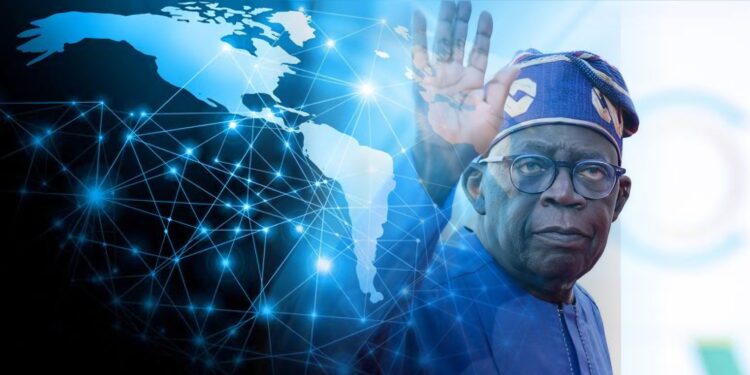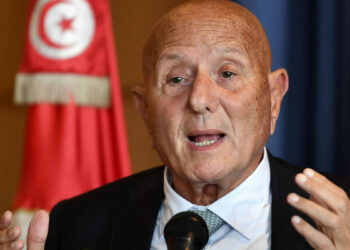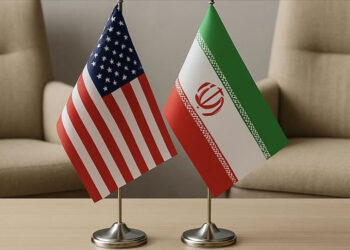By Emmanuel Nduka
There’s a massive wave of global digitalization of processes. Operational processes across government and private entities are being streamlined with tech.
The Nigerian Government has said it doesn’t want to be left behind.
On Friday, President Bola Tinubu unveiled a comprehensive strategy to lead Afri digital trade revolution within the framework of the African Continental Free Trade Agreement (AfCFTA).
The strategy the government said, is carefully set out to harness trade as a catalyst for economic growth and continental cohesion in line with AfCFTA objectives.
To this effect, Vice President Kashim Shettima who represented his principal at the AfCFTA Stakeholders Summit in Abuja, said Nigeria is in a unique position to spearhead the continent’s technological transformation.
He made the observation while delivering the keynote address at the event with the theme, “Digital Trade in Africa: The Renewed Hope Strategy,” held at the Banquet Hall of the Presidential Villa, Abuja.
“We are in a vantage position because we are the continent’s largest ICT hub, and as such, we must lead the way to the future of this peculiar wave of the Industrial Revolution.
“Our collaboration must prioritize comparisons of our policy initiatives to those of developed economies and fine-tune them to sustain our place and fast-track our growth,” the Vice President stated.
Senator Shettima outlined key components of the roadmap to include implementation of AfCFTA’s Digital Trade Protocol and the development of expansive technical talent hubs.
The plan, according to him, also focuses “on enhancing digital infrastructure investments, promoting disruptive innovation and entrepreneurship, and ensuring the alignment of multiple government agencies to support digital trade initiatives.”
The VP stressed the need for strong synergy between the public and private sectors in implementing the AfCFTA’s Digital Trade Protocol, just as he assured that the federal government remains committed to investing in digital infrastructure and human capital development to drive the process.
“Our collaboration must prioritize comparisons of our policy initiatives to those of developed economies and fine-tune them to sustain our place and fast-track our growth. For a sector upon which all others rely to survive, digital technologies hold the nation together, and we cannot afford to slow down.
“Our programmes, from the Investment in Digital and Creative Enterprises (iDICE) to the ongoing intervention to train 3 million technical talents by the Ministry of Communications, Innovation and Digital Economy, to the Outsource to Nigeria Initiative (OTNI), are lifelines in our digital economy.
“They offer us an avenue to not only maximize our potential but also commit to the adoption of the Digital Trade Protocol within AfCFTA,” VP Shettima further explained.
In his remarks earlier, Minister of Communications, Innovation and Digital Economy, Dr Bosun Tijjani, said the Tinubu administration is investing significantly in every aspect of the digital trade protocol, with a view to harnessing opportunities in the country and the African continent by extension.

































